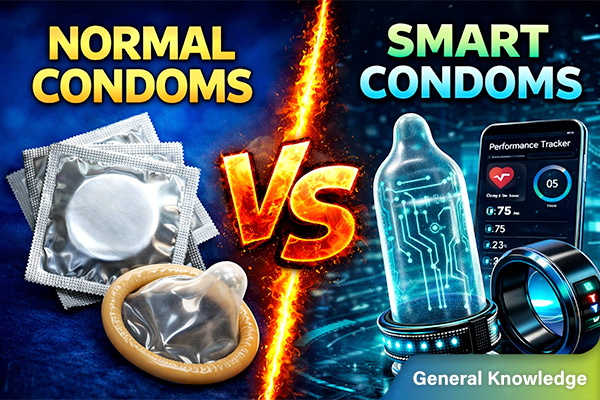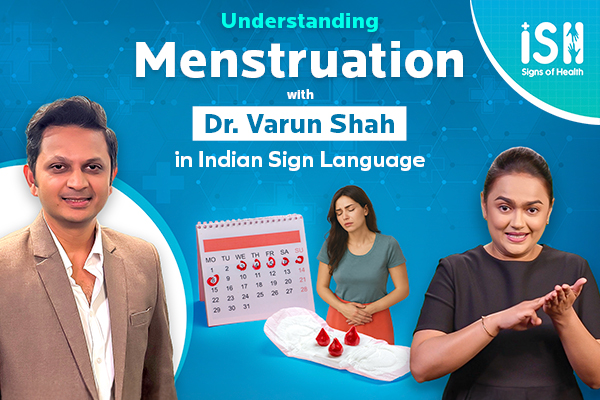Covaxin Vs Covishield Vs Sputnik V : Which is the Best?
Currently there are three vaccines in the Indian market but how does one choose the right one? Watch our latest, to learn all the details about these vaccines to make an informed choice.
Covid-19 has surely taken a toll on our mental as well physical health. The second wave of the pandemic is in full swing and the third phase of vaccination has started from May 1, wherein everyone above the age of 18 will be eligible for vaccination. The country is under a crisis and the numbers don’t seem to be reducing.
Till now there were two vaccines currently available to the public COVISHIELD - developed by Oxford-AstraZeneca & manufactured by the Serum Institute of India - & COVAXIN which is developed by Bharat Biotech and clinical research body Indian Council of Medical Research (ICMR). The Indian government has now also approved russian vaccine Sputnik V which has been developed by the Gamaleya Research Institute of Epidemiology and Microbiology which is part of the Russian Ministry of Health. In India, Dr Reddy’s Laboratories is the local distribution & manufacturing partner for Sputnik V. There are some dissimilarities and benefits of the vaccines which peg them apart. Covishield remains to be the popular choice, used in maximum countries. Covaxin, on the other hand, is now considered to be one of the most effective and tolerant vaccines against mutant strains. The Sputnik vaccine has been administered to around 20 lakh people worldwide. But, which one is better? We will give details of the vaccine such as benefits, similarities, efficacy, etc for you to make an informed choice:
-
How is it Made?
-
COVISHIELD : This vaccine “is made from a weakened version of a common cold virus found in chimpanzees. It has been modified to look more like coronavirus - although it can’t cause illness. When a patient gets a jab of the vaccine, it stirs the immune system to start producing antibodies and prepares it to attack any coronavirus infection.
-
COVAXIN : It is an inactivated vaccine — which means that it is made up of killed coronaviruses, making it safe to be injected into the body. On delivery, the vaccine teaches the immune system to make antibodies against the SARS-CoV-2 coronavirus,
-
Sputnik V : This vaccine is made from two common cold viruses that are found in Humans.
-
How many doses of the vaccines are needed?
-
Covaxin requires 2 doses. The second dose needs to be given 4-6 weeks after the first one.
-
Covishield is also given in 2 doses. Second dose could be delayed, i.e. given 12- 16 weeks after. The recommendations came in after experts observed a strengthened immune response when the dosing was delayed.
-
Sputnik V involves giving two doses three weeks apart. There are plans to introduce Sputnik V Light - Russia’s single-dose COVID vaccine - soon in India.
-
Efficacy
-
Covishield has an overall efficacy of 70 per cent. However, it can be over 90 per cent when administered as a half dose followed by a full dose a month later.
-
Covaxin has shown 78 percent efficacy. Additionally, there has also been clinical evidence that suggests that Covaxin could reduce severity and mortality risk by a whopping 100 per cent.
-
Sputnik V has an efficacy of over 91 per cent,
-
Side-effects:
Most side-effects of Covaxin, Covishield & Sputnik V are said to be on the milder side- pain at the injection site, tenderness, fever, chills, Headache, dizziness, abdominal pain, nausea, tremors could also be seen in a few cases. But they differ from person to person. Covishield usage has sparked off the most controversies of late, with many countries pushing for a temporary halt over its use after some people developed blood clots post usage. In very rare cases, neurological complications have also been reported. As for Covaxin, complications have not been recorded yet. There have been instances of hypertension, hemorrhagic stroke, and thrombosis, but there’s no confirmation of the vaccine shot being the reason behind it. As per the National Health Mission’s latest update, lactating mothers are allowed to avail the vaccine. However, ISH News would advise you that you must consult the doctor before vaccination. Currently pregnant women are still not supposed to take the vaccine. Also vaccination for coronavirus can be taken three months after recovery. The second dose of Covid vaccine should also be delayed by three months for anyone contracting the disease after the first dose. So far, there was no fixed gap for taking a vaccine in such situations.
-
Pricing
-
Serum Institute will give Covishield at Rs 400 per dose to states and Rs 600 per dose to private hospitals. The Centre’s procurement price remains Rs 150 per dose.
-
Covaxin will cost Rs 600 per dose for the states and Rs 1,200 per dose for private hospitals. The Centre’s procurement price for this vaccine too is Rs 150 per dose.
-
The imported vaccine has been priced at Rs 948 per dose. However, including 5 per cent Goods and Services Tax, the price of this vaccine goes up to Rs 995.40 per dose.
Covishield & Covaxin vaccines are available free of cost at government hospitals. However, individuals will have to pay for the vaccine at private hospitals. The prices vary and have not been determined yet.
The vaccines, as mentioned above, have more similarities and fewer differences in question. They work effectively well to reduce the risk of symptomatic infections, severity and mortality, which is a major problem we are facing right now. We hope this information helps you make the correct choice. Getting vaccinated, as and when you can, and following COVID appropriate behaviour is the need of the hour.







